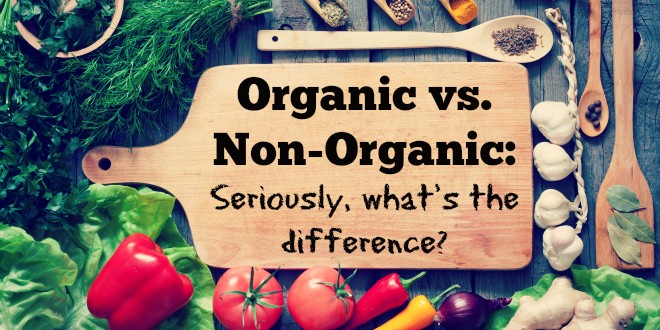Agricultural producers’ sentiment dipped slightly for the second month in a row, as the Purdue...
Confusion Reigns When It Comes to Organic Foods

A lack of clarity about organic foods is making it more difficult for consumers to trust the industry, according to a new survey from the Edelman public relations firm. “There is widespread confusion about what it means to be organic,” the survey said, adding “trust in organic foods is being held back by a lack of familiarity — producers of raw materials are more trusted than manufacturers.”
Only one in three people surveyed know USDA is responsible for enforcing organic standards, Edelman found after conducting interviews with 7,500 consumers in September and October of 2021. The survey, commissioned by the Organic Trade Association and released publicly recently, spans six markets — the U.S., U.K., Germany, France, Japan and the United Arab Emirates.
So-called “Food Forwards” in the U.S., defined as consumers who take action regarding news about the food and beverage industry, agreed with certain statements relating to their habits and beliefs. They were more familiar and trusting of organics than the general population. Sixty-two percent of “Food Forwards” were familiar with organics, compared to 31% of the general population, and 79% trust organic products, compared to 55% of the overall population.
Editor’s Take:
Growth of organic foods in the U.S and elsewhere has been amazing in the past decade or so. However, as this article and the research reveals, there could be additional expansion if people fully understood what it means to be organic and just how it is regulated and policed. Organic foods have been around forever. As a child growing up on the farm, I consumed all kinds of “organic” foods (eggs/milk/poultry/fruits/vegetables and more) long before we added the label. Later organic foods became trendy when some signed on to the belief that they were safer than conventional foods. There is a market for them, despite typically being more expensive. It is a choice consumers will make based on personal preferences. As evidenced in this research, however, more consumers could be swayed if the industry follows the advice of these findings. Be sure to reach out to the organic growers in your area - they use trucks and need AgPack as well.








